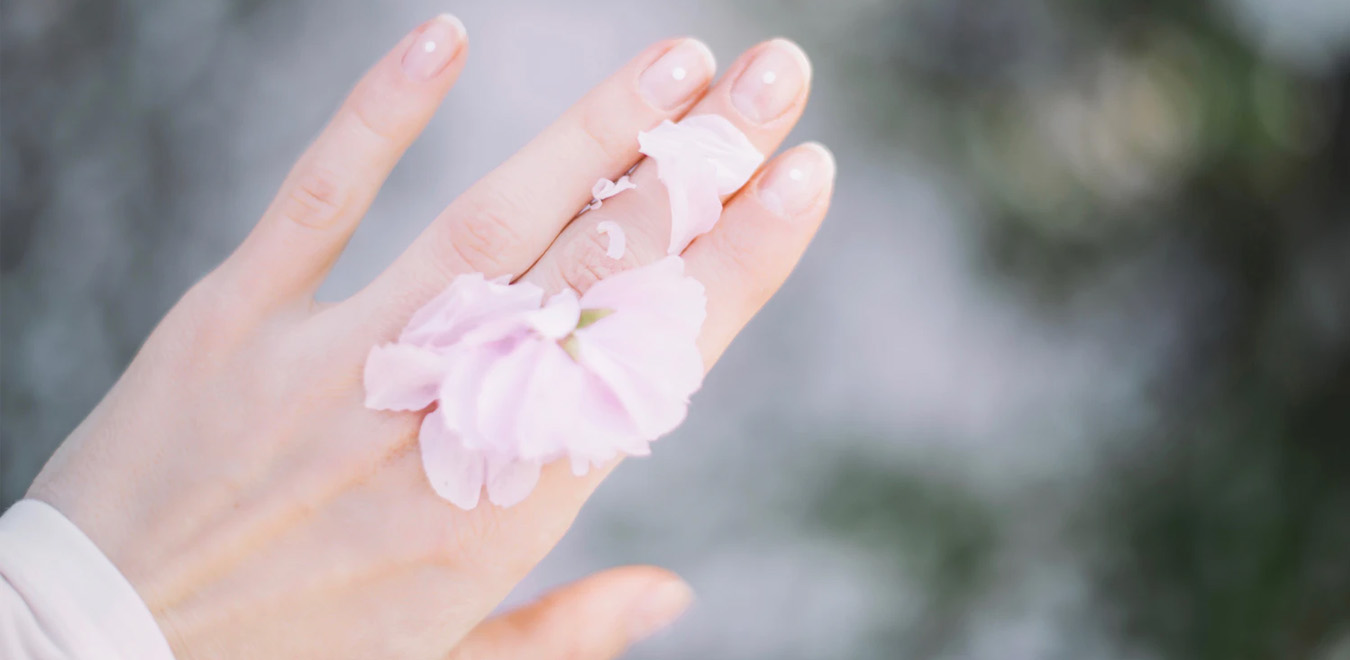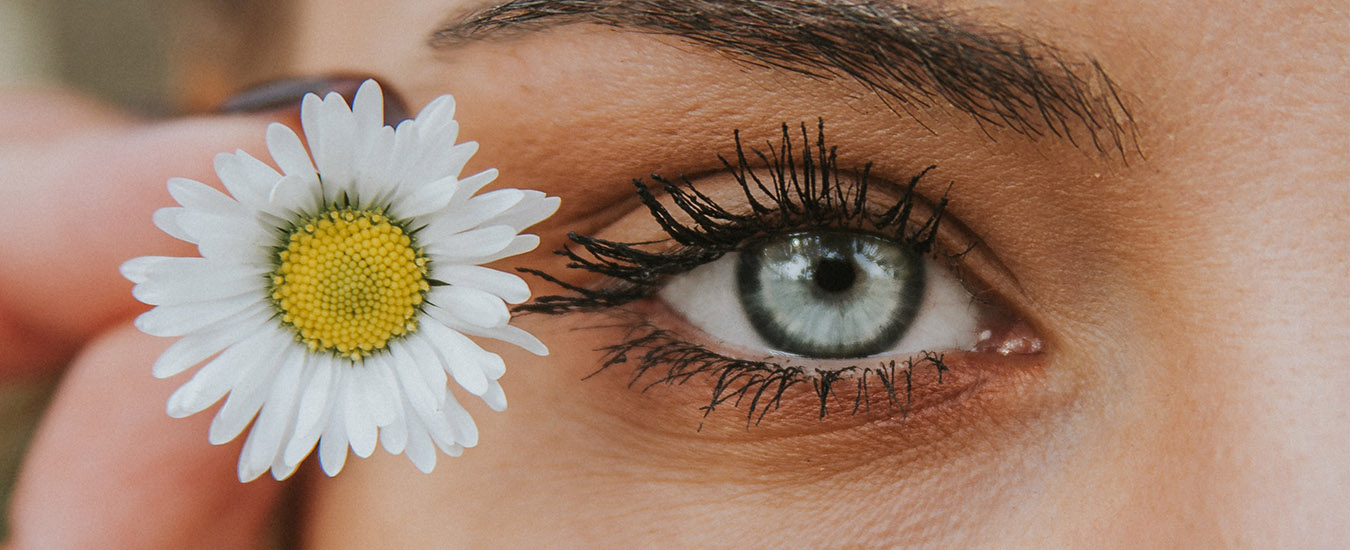BLOG DETAIL
Covid-19 & Skincare
Skin is the first line of defense of our body. It is the first protective barrier that any external agent/pathogen has to penetrate. Compromising of the barrier, leads to weaking of the first line of defence of the body. It is thus important that the skin is taken care of well. With the current ongoing COVID pandemic, various skin related problems have surfaced. Some of these are skin manifestations of COVID infection, while some are due to the precautionary measures that one is expected to take, to protect oneself from COVID. It is important for us to know how to take care of our skin in the best possible way, to keep it protected and nourished.
With the onset of the pandemic, a lot of sudden changes have been introduced in our routine life. Wearing face mask for prolonged hours, repeated exposure of hands to soap and water. Constant exposure to sanitizer and alcoholic spirits. These practises have affected the skin health in a big way. It has become imperative to understand the best way in which we can take care of our skin.
Various skin concerns are emerging among patients due to prolonged use of personal protective gear and repeated sanitizer use. Some of these skin issues along with some preventive measures for them are discussed below.
Skin dryness: dry skin in those wearing face shield/mask for prolonged duration is known to occur. It is advisable to moisturize the skin properly before wearing mask to reduce friction and dryness. Avoid repeated use of soaps and hot water for bathing.
Don’t forget to keep the lips hydrated as well. Use petrolatum based lip balm for dryness and cracking of lips. Keeping the water intake high, also helps to prevent cracking of lips.
Rinse mouth with normal saline after end of days’ work. This helps to alleviate mouth dryness.
Avoid using hot water/alcohol on face. Hot water will make skin more dry and cracked. Repeated washing of face also should be avoided. Maximum washes should not exceed more than twice daily.
Keep hands moisturized by applying good quality moisturizer repeatedly. Frequent hand washing robs the skin off the oils, making use of moisturizers essential.
Hand eczemas are common in some people due to frequent soap and sanitizer use. Its risk can be lowered by using mild soap and applying moisturizer repeatedly. Steroid based creams can help control the acute condition. Also limiting wet work to avoid repeated contact of soap and water is advisable to help prevent aggravation of condition.
Avoid hot water for bathing and moisturize liberally after every shower. Avoid too frequent showers. It can lead to skin lipids getting washed off and skin becoming scaly and itchy.
COVID 19 is associated with cutaneous manifestations. Although the predominant symptoms remain fever, cough, shortness of breath, skin manifestations are also seen in patients. Generalised rashes, vacuities, urticarial, acral cyanosis are some of the conditions that are associated with COVID 19 infection. These manifestations are either because of the strong inflammatory reaction present during the infection or occlusion of the small blood vessels.
Rashes and urticaria can accompany either acute infection or vaccination. They occur due to hypersensitivity developing to the virus. Rashes may be itchy, reddish, limited to certain areas or generalised. Urticaria are wheals that are reddish and itchy. It occurs in crops and settles spontaneously. Lesions improve with anti-allergic medications and soothing lotions.
Occlusion of small blood vessel due to thrombotic events, can give rise to conditions such as acral cyanosis and occlusion. Self medication for any skin manifestation, without the consult of a doctor is strictly discouraged.
Medications used in the treatment of the COVID infection can cause allergic rashes. Antibiotics and painkillers are most commonly implicated in these reactions. It is important to share any history of previous allergies with your doctor to prevent occurance of any such event.
In patients who have recovered from the infection, a condition called as telogen effluvium is known to occur. It refers to shedding of hair 1-2 months following the infection. The hair fall can be massive and the condition can be very distressing for the patient. Reassurance, counselling, nutritional supplements, and hair growth serums help to control the condition. It takes 4-6months to show results.
Vaccination of COVID 19 is followed by some cutaneous reactions as well. Rarely allergic rashes and itching have been reported after vaccination use. This is attributed to the hypersensivity reaction to the antigens in the vaccine. Rarely allergic reactions can develop, leading to hives and redness. These represent allergy to the components of the vaccine. These reactions can either occur immediately for take few weeks following the dose.
For any skin eruption it is important to take expert opinion from your doctor and avoid self medication. Never ignore any skin manifestation, as it may be a pointer towards a more sinister diagnosis. Stay safe! Stay healthy!
Now no need to search for answers online anymore, We have got you covered! Call us at +91-8448407278 for online consultation with Expert at Meraki and get the solution of all your skin and hair concerns.





